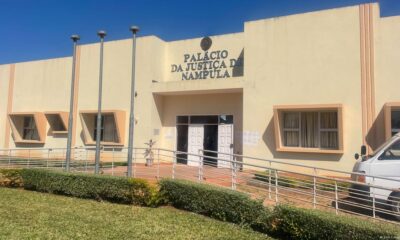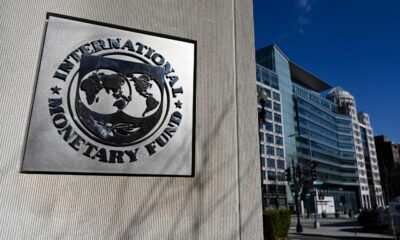Two years after investing $100 million in Nigeria, Kimberley Clark, a manufacturer of sanitary pads and diapers, will soon announce the impending closure of its Ikorodu production site.
Sources within the company revealed that the factory had been operating below capacity from late 2023 into 2024 due to the challenging national economic climate. The company reopened operations in 2019 after a similar shutdown due to a strategic assessment of its business, and in 2022 it opened a $100 million production plant in Ikorodu, Lagos state.
After five years, in 2019, Kimberly-Clark halted operations in Nigeria owing to unfavourable economic conditions. The company plans to resume operations in 2021.
The company makes Kotex, Huggies diapers, sanitary pads, and other personal care and hygiene goods. The bulk of the shares in KC, a worldwide company listed on the New York Stock Exchange, are owned by institutional investors, including Morgan Stanley, Blackrock Inc., and Vanguard Group.
The insider, who wished to remain anonymous, claimed that the company has been struggling since late 2022 with rising energy and raw material costs as well as decreased client demand as a result of the current economic climate. As a result, there have been layoffs and a reduction in production hours from Monday through Thursday.
Aside from maintenance expenses, the company now spends about N100 million a month on power generation, and its fixed monthly expenditure on operations has increased to over N500 million.
He said, “Our first two years were fantastic in terms of sales growth and market shares within the diaper industry. Fast forward into late 2022 and 2023 was really bad years for the coy due to economic situation.”
“Running cost is extremely on the high side. Our fixed spent every month is above N500 million and we spent about N100 million on just gas consumption for powering the gas engine aside maintenance. The company has two assets and for last year, these assets didn’t run for like 90 days in 365 days.”
“Earlier this year, the coy had to downsize to 2 shifts from 4 shifts. We run 24hrs and 7days and 365 days before but currently we don’t run on Friday, Saturday and Sunday anymore because of the economic situation. There is already an embargo on external recruitment. The company is looking for ways to reduce cost since it is not making a profit.”
The insider also mentioned that because the industry is import-dependent, the high manufacturing costs are a result of the rising cost of raw materials. The company predicted that when it started operating roughly three years ago, it would need to set aside some funds for operations for five years, after which Nigerian revenue would be able to support the business.


 Politics2 days ago
Politics2 days ago
 VenturesNow2 days ago
VenturesNow2 days ago
 Metro1 day ago
Metro1 day ago
 VenturesNow2 days ago
VenturesNow2 days ago





















